By Chen Tianhao, Feng Shuang, Lin Mengnan
(ECNS) -- On June 24, the 2025 Summer Davos kicked off in Tianjin, with global leaders converging on climate actions, sustainable development and technological breakthroughs. Within inspiring debates and discussions, the world may discover the keys to solving sustainable development challenges for decades to come.
Green transition: Global exploration from initiatives to practices
"There's been a lot of focus on the Belt and Road Initiative and the greening of the BRI, and a lot of focus on how to make those outward-bound investments, including in supply chains, more green," noted Scott Vaughan, former President and CEO of the International Institute for Sustainable Development (IISD) and International Chief Advisor to the China Council for International Cooperation on Environment and Development (CCICED), highlighting a core issue of global development.
Vaughan pointed out that China's practices in promoting green transition have formed a multi-layered framework. From guidelines on supply chain transparency for key commodities such as soy and palm oil to the adoption of international greenhouse gas accounting standards (Scope 3), which require enterprises to disclose environmental performance across the entire supply chain, China is driving the green upgrading of global supply chains through institutional innovation.
The urgency of this transition has become increasingly prominent amid extreme climates. "You saw it in Beijing, it was 38 degrees Celsius," said Vaughan, who warned that climate change isn't something that's going to be happening in the long future.
According to WMO's consolidated analysis of the six datasets, the global average surface temperature was 1.55 °C?(with a margin of uncertainty of ±?0.13 °C) above the 1850-1900 average.
Against this backdrop, China's deploying renewable energy at what Vaughan described as "a scale the world has never seen before", becoming a global landmark. As of the end of 2024, China had approximately 510 GW of installed wind‐power capacity and about 840 GW of photovoltaic capacity, with utilization rates remaining above 95%.
Vaughan also noticed that China's green financial system also provides support for the transition. He said that China has identified green finance as a priority 10 years ago, and now is one of the largest holders of green bonds. Meanwhile, innovative tools such as green insurance and blue finance continue to emerge, driving capital flows into green infrastructure and technology.
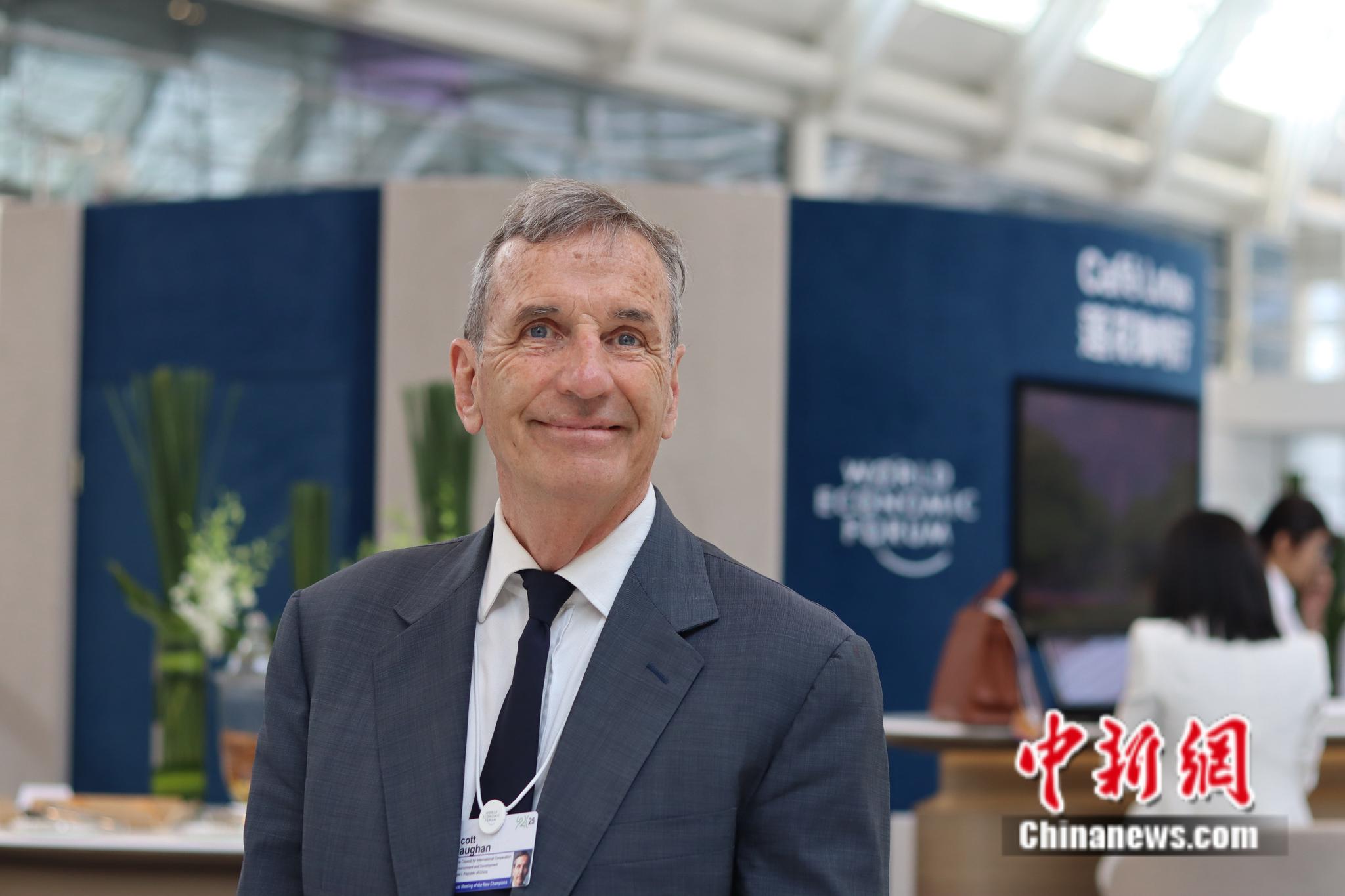
International cooperation: Two-way empowerment in green development and technology
Among global efforts for green transition, Africa has unique value, with over 16% of the world’s forest area and abundant renewable water resources and the carbon sink potential yet to be fully unlocked, as Mthuli Ncube, Minister of Finance, Economic Development and Investment Promotion of Zimbabwe put forward.
"Africa is alive to the green agenda, in terms of its capacity to benefit from its carbon credits, from its forests, its wildlife, and its capacity to be a carbon sink," said Mthuli Ncube, adding that China's experience provides a reference for Africa.
Analysis have pointed out that the Forum on China-Africa Cooperation (FOCAC) and the Belt and Road Initiative have become key cooperation platforms, and China is increasingly channeling its energy investments in Africa into renewable projects. According to a report by UK-based think tank ODI Global, China’s solar and wind power now accounting for 59% of its energy projects in Africa. Between 2010 and 2024, one-fifth of China's overall energy sector and also a fifth of renewable energy investment and construction activity had taken place in Africa, amounting to US$66 billion.
Cooperation in technology is also full of potential. "In the area of AI, Africa has the capacity to leapfrog and also catch up with others, a lot faster than in other strands of technology," Ncube said, citing programming as an example to illustrate that the universality of technical capabilities provides Africa with the possibility of "overtaking on curves."
Policy dividends further consolidate the foundation for cooperation. Ncube noted, "China announced that it is adopting a zero-tariff regime for many African countries." And such measure will bring new opportunities of development to Africa.
Ncube also pointed out that the rise of Africa and the responsible development of technology will work in tandem with China's practices.
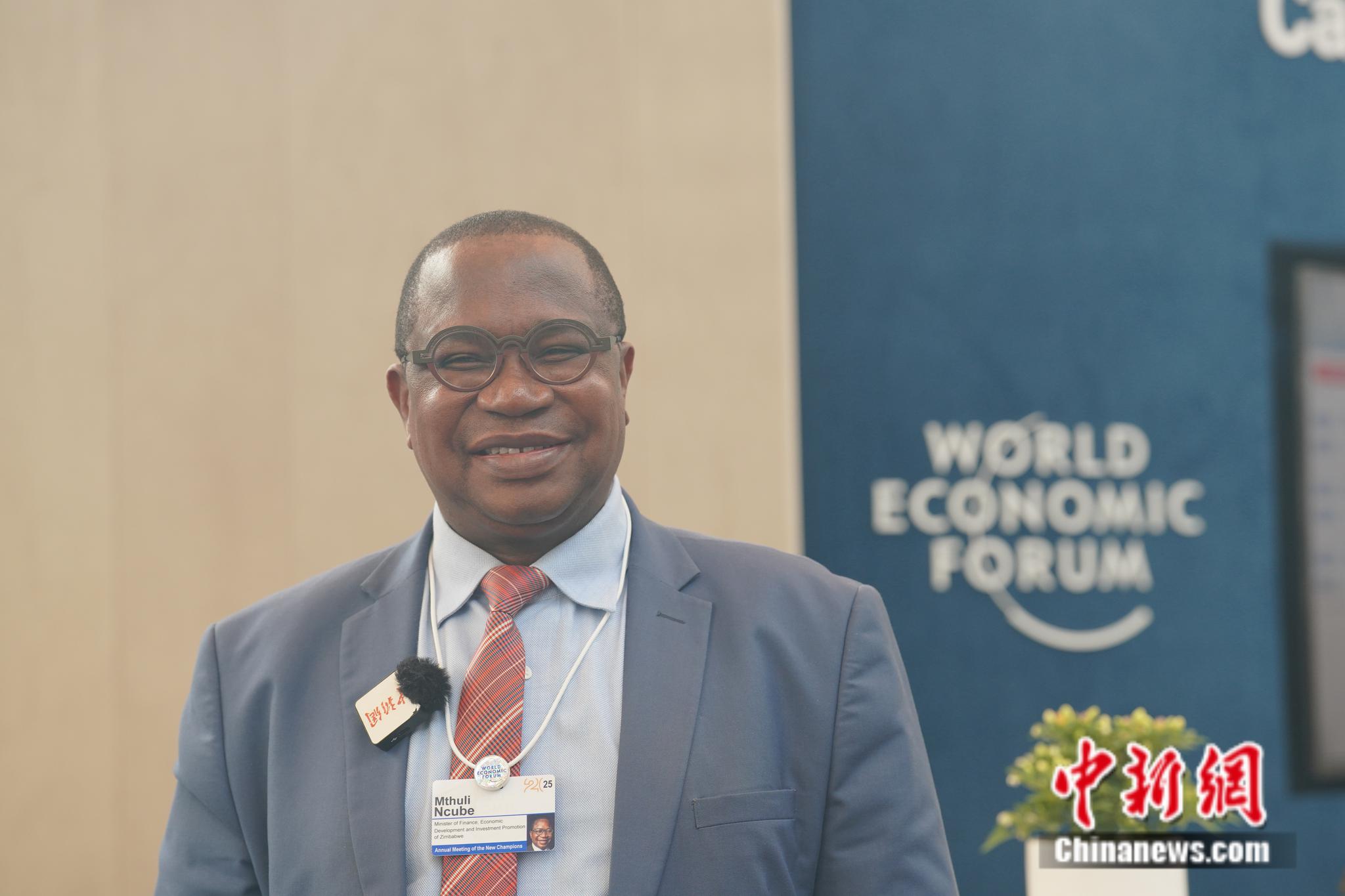
From the 15th Five-Year Plan to the goal of building a Beautiful China by 2035, from the dual carbon goals to the green Belt and Road Initiative, China's long-term planning is providing certainty to the world.
As Vaughan noted at the forum, "Many business people here are saying not what happens in Washington today or tomorrow, but what happens in the next decade or two decades in China."
In the consensus of the 2025 Summer Davos, green transition and international cooperation are no longer choices but necessary answers for the common future of humanity.









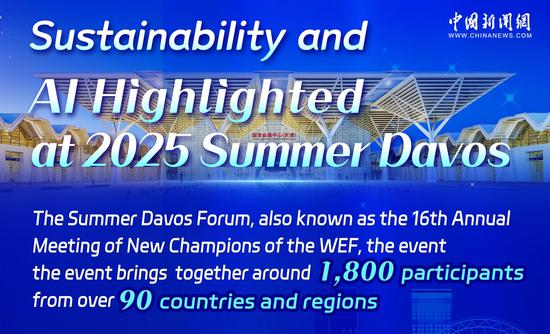
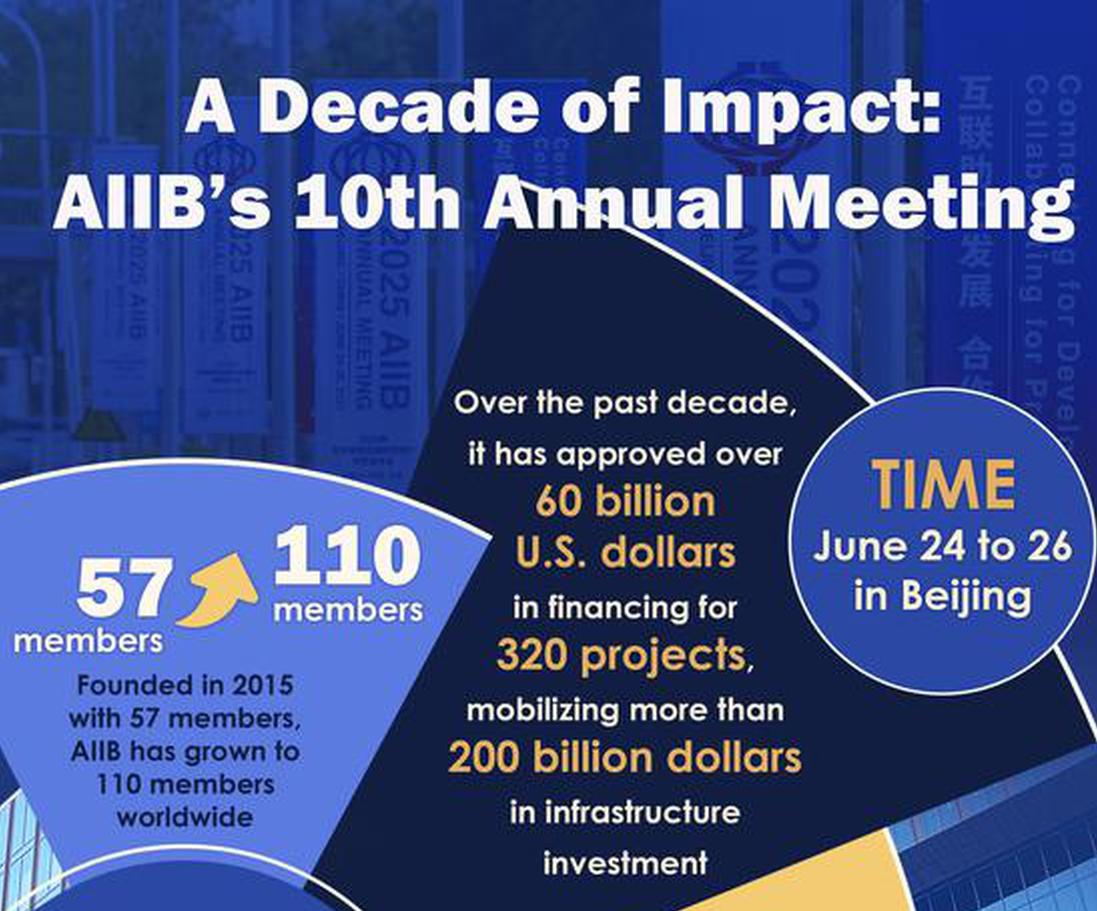
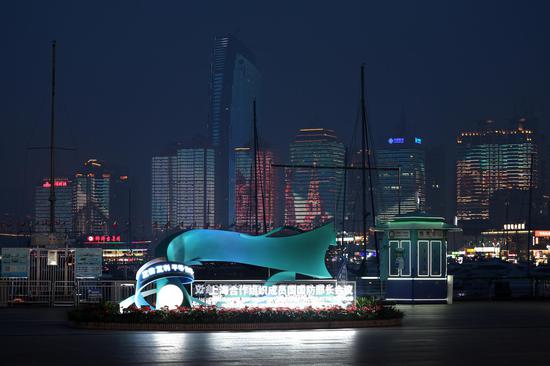




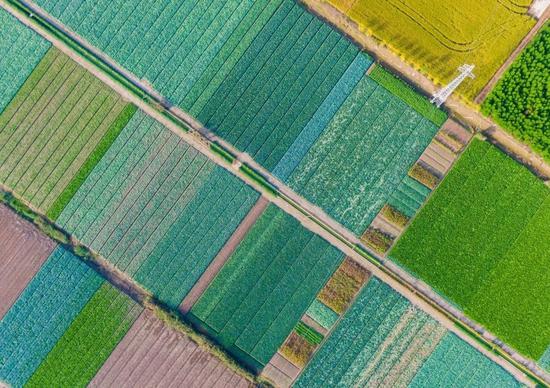
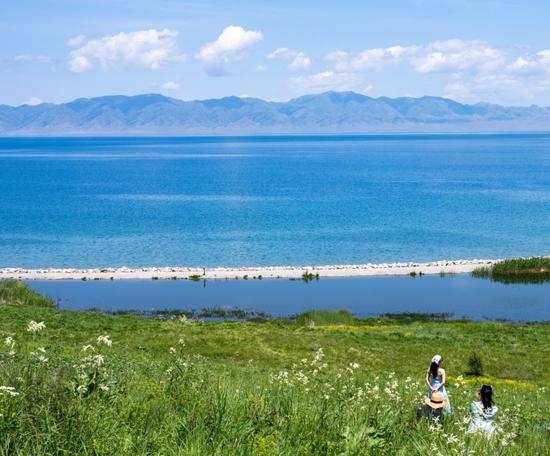
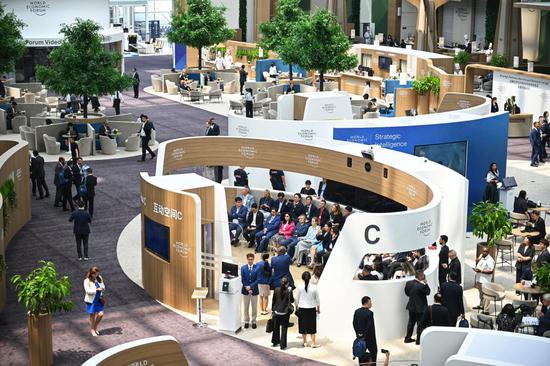
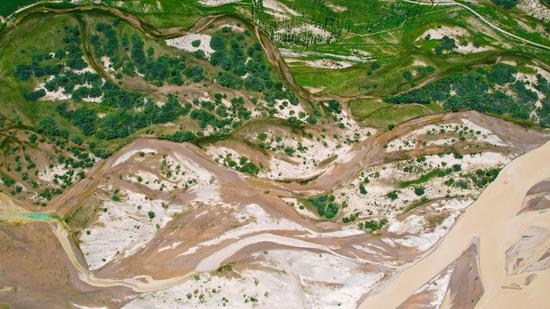

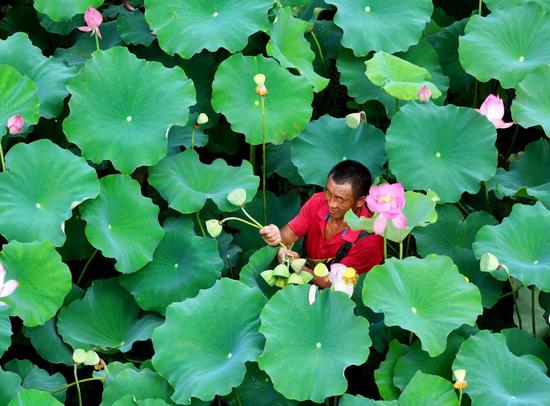


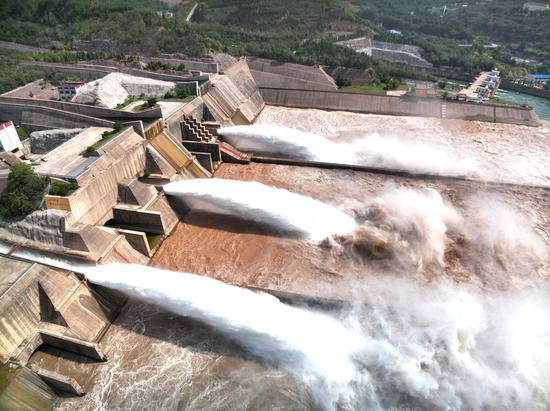




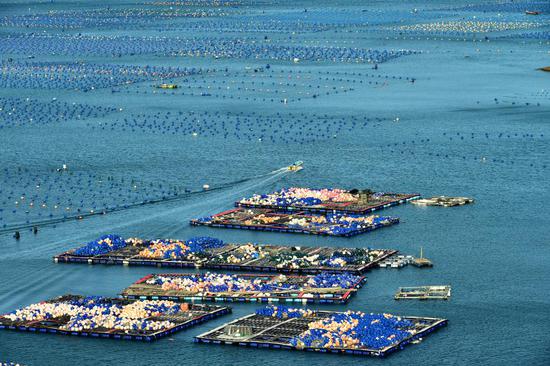


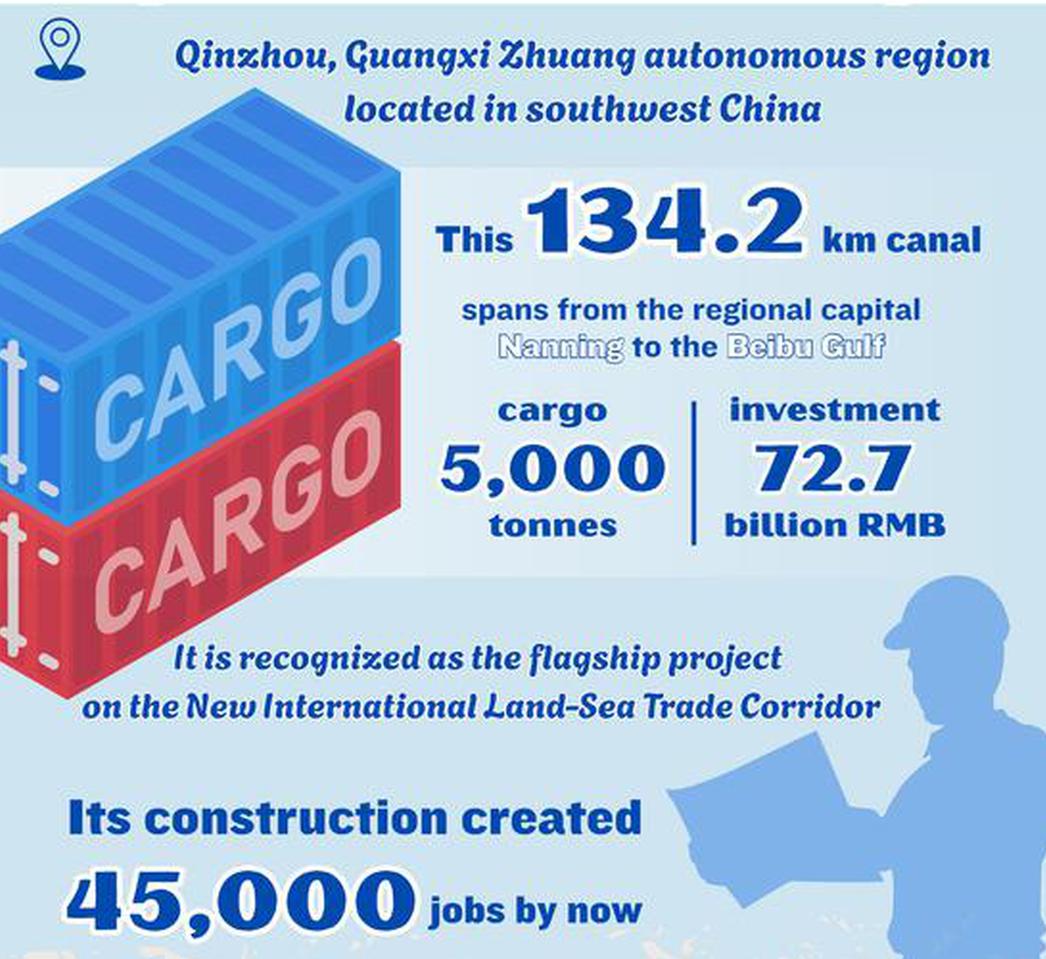

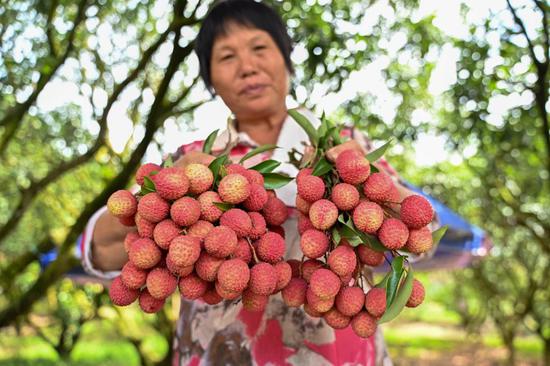

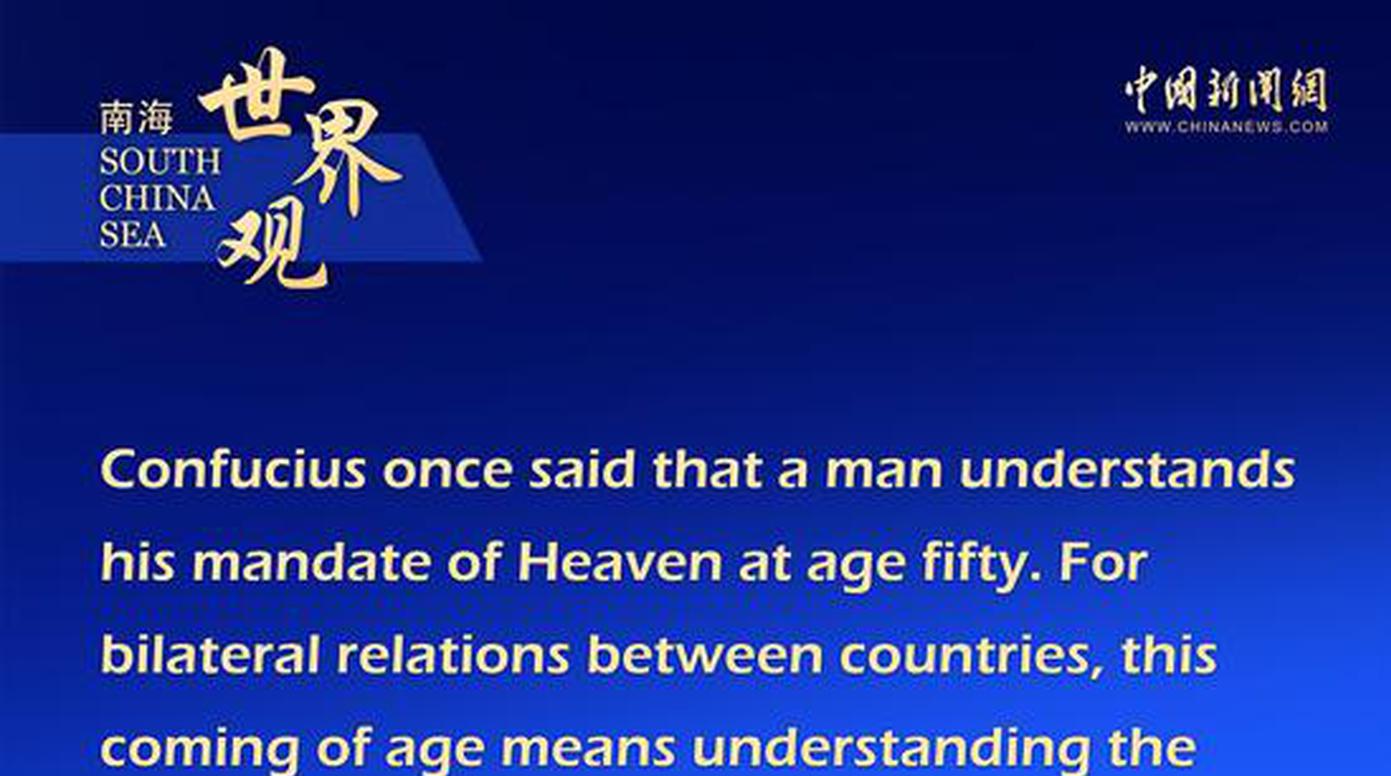
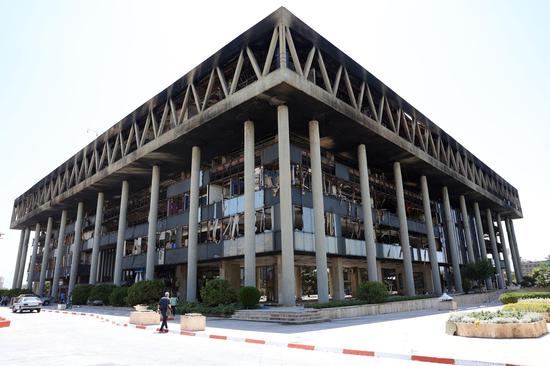










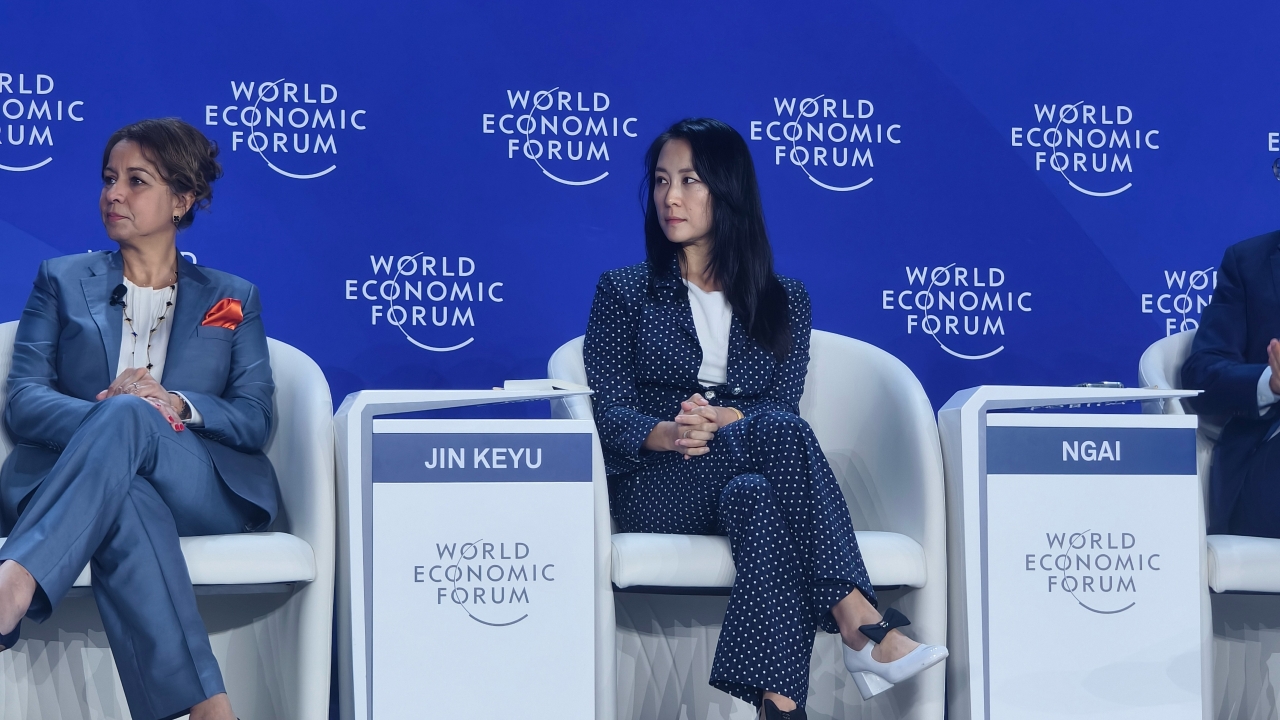

 京公網安備 11010202009201號
京公網安備 11010202009201號